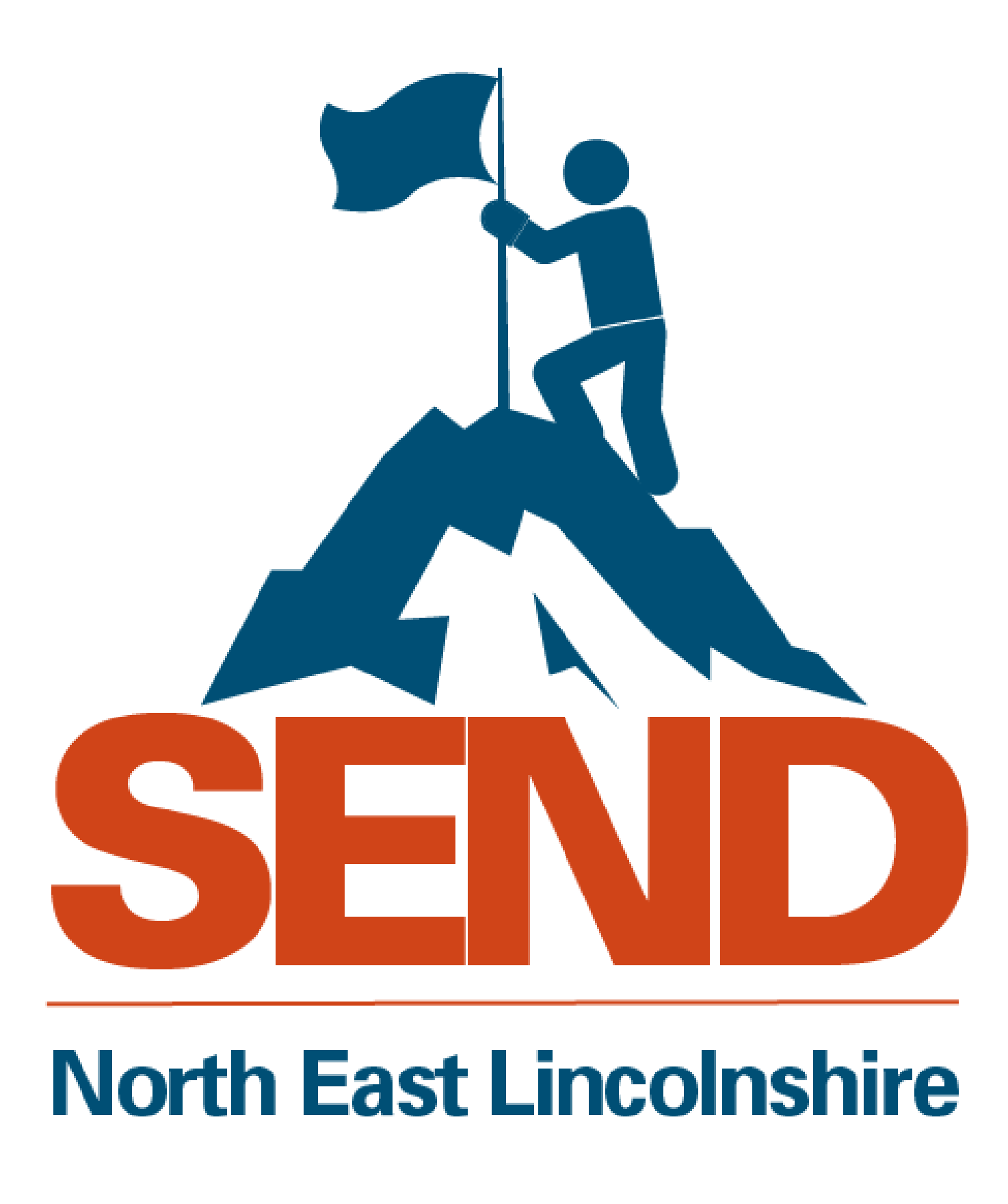What is SEN Support?
What support looks like
Where a child or young person is identified as having Special Educational Needs and Disabilities (SEND), schools and colleges should take action to remove barriers to learning and put effective special educational provision in place. This is called SEN Support. A child does not need to have an Education Health and Care Plan to have support from their school or setting.
Schools in North East Lincolnshire
In North East Lincolnshire we have a range of special educational provisions as part of our local offer. Find out about our Pupil Referral Units and other alternative provisions on our Pupil referral units and alternative education page.
On this page you can also find out about our Behaviour Service who support schools, academies and other settings to meet the needs of children and young people.
For general details of all schools in North East Lincolnshire go to the Find schools in my area page.
SEN support process
This SEN support replaces the old categories of School Action, School Action Plus, Early Years Action or Early Years Action Plus. It can be accessed for children and young people with varying levels of need, not just those who are undergoing an Education, Health and Care (EHC) assessment or have an EHC plan.
SEN support should happen in a four-part cycle:
- Assess
- Plan
- Do
- Review
This should give you, your child and everyone involved in supporting them a good understanding of the child or young person’s needs and of what supports is best for your child to make good progress achieve their outcomes.
